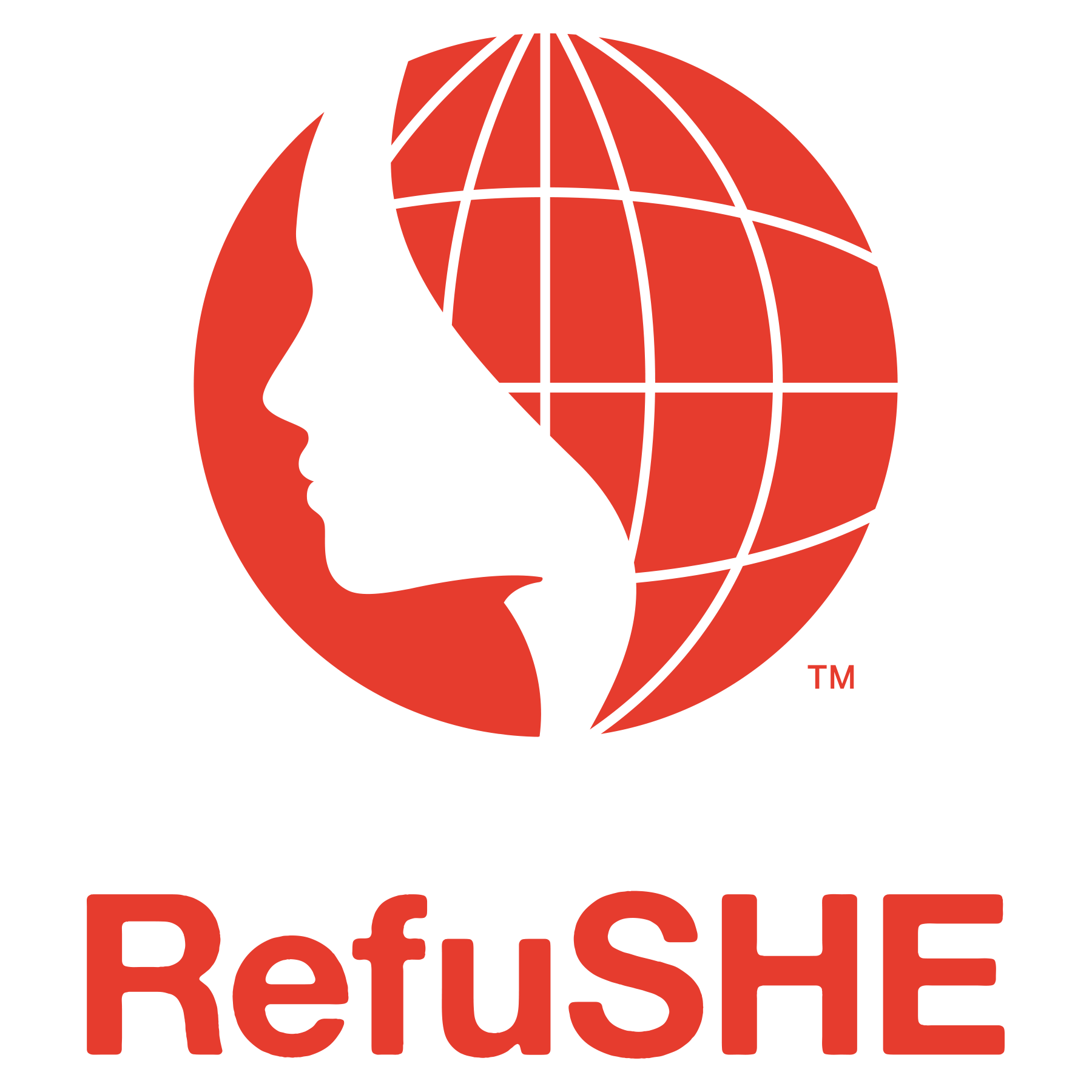A Light At The End of the Tunnel: Leah's Story
Leah was a 16-year-old girl living in the Democratic Republic of Congo (DRC) with her grandmother when life took a tragic turn and a family dispute erupted over land inheritance. Her father had already passed away years earlier after being fatally shot during a rebel attack on the vehicle he was traveling in.
In 2016, Leah’s world crumbled further when a relative attacked their home, leaving her grandmother dead and her sister critically injured. Following these horrifying events, the relatives warned Leah and her siblings to vacate the land. Fearing for their lives, they had no choice but to flee to Kenya. “The wanted the land and there was no one to fight for us once my grandmother died. They used to send us threats every day and we had to run.”
Leah, 24, GEP Student
Without any documents, they crossed into Burundi then traveled by boat toward the Tanzanian border. Along the way, they encountered a kind woman who hosted them for a few days before helping them reach the Tanzania-Kenya border. Once there, they spent several days sleeping on the streets until another stranger offered to pay for their transit to Nairobi.
Upon arriving in Nairobi, Leah and her siblings sought help at the UNHCR offices. However, with no immediate assistance forthcoming, they ended up sleeping outside the gates, hoping for a resolution. Desperate, they contacted the well-wisher who had facilitated their journey to Nairobi. Thankfully, the woman was in Nairobi at the time and came to their aid, helping them get medical attention as their health had deteriorated from the harsh conditions. “My younger sisters had developed a severe flu, and we did not know what to do so we called the woman.”
The woman sheltered them for a year, up until late 2017. However, due to limited resources, Leah and her siblings had to take on odd jobs to support themselves. Eventually, they moved into a single-room iron-sheet house. Leah took up work as a househelp, and her older sister, in a desperate bid for stability, agreed to marry an older man, hoping it would provide them with shelter.
However, the marriage turned abusive, forcing them to leave the man’s home. With a baby on the way and no stable income, they moved into another iron-sheet single room. Their struggles deepened as they fell into debt, trying to make ends meet in the challenging environment of Nairobi.
Leah first learned about RefuSHE through her sister, who had joined a savings group with other refugee women. This group eventually became part of RefuSHE’s Women’s Ambassador Groups (WAGs). In January 2024, while delivering her sister’s monthly contribution to the group, Leah met some of RefuSHE’s caseworkers. At the time, Leah had just completed her Kenya Certificate of Primary Education. After hearing her story, the caseworkers suggested that RefuSHE’s tailoring program would be an excellent opportunity for her.
Leah shares that life was incredibly difficult as they had no stable source of income and were forced to endure harsh living conditions to survive. “The iron-sheet single room was always so cold, and my sister had a small baby, but we had no other choice,” she recalls. After her sister’s marriage of convenience failed, they could barely afford rent and were eventually evicted by their landlord. For several months, they had no choice but to rely on the kindness of a neighbor who took them in. Since leaving the Congo, Leah describes her life as being filled with pain and unhappiness—until she found RefuSHE.
Today marks nearly one year since Leah joined RefuSHE’s Girls Empowerment Program. She reflects on how before meeting RefuSHE’s caseworkers, all she ever wanted was a chance to support her older sister, who had worked tirelessly to care for them since they arrived in Kenya. Leah says the tailoring program provided her with the perfect opportunity to build a better future. “I can now use a sewing machine and make clothes,” she shares proudly. Beyond acquiring new skills, Leah has also made friends and integrated well with the Kenyan girls in her class, creating a sense of belonging she hadn’t felt in a long time.
“I had given up hope of continuing with school. Life was hard already for my elder sister and so once I finished my primary education, I knew it was the end. But RefuSHE has given me a second chance. I am now dreaming of owning a tailoring workshop one day. I can even open a beauty shop on the side. I am sure soon I will begin supporting my sister.”

